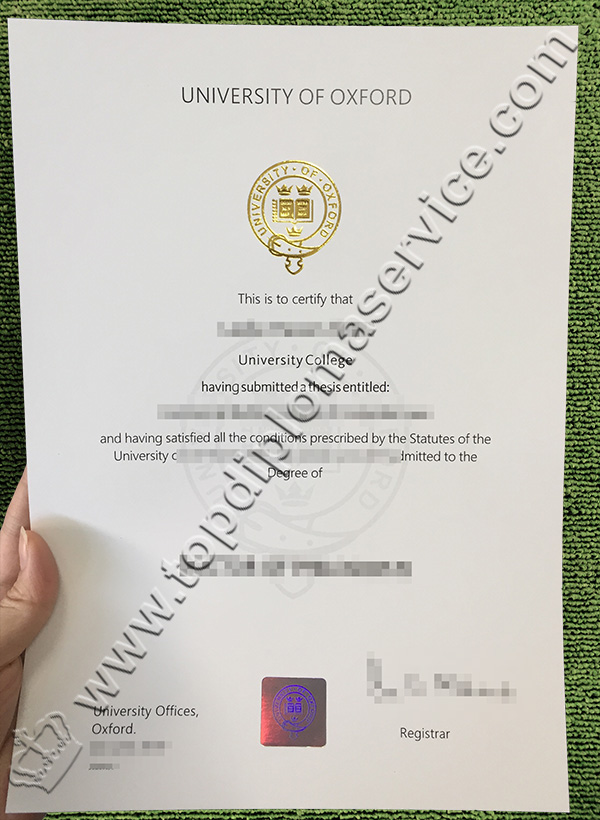
The University of Oxford has no known foundation date. Teaching at Oxford existed in some form as early as 1096, but it is unclear when a university came into being. It grew quickly from 1167 when English students returned from the University of Paris. The historian Gerald of Wales lectured to such scholars in 1188 and the first known foreign scholar, Emo of Friesland, arrived in 1190. The head of the university had the title of chancellor from at least 1201, and the masters were recognised as a universitas or corporation in 1231. The university was granted a royal charter in 1248 during the reign of King Henry III. Buy Fake Degree of University of Oxford, buy University of Oxford fake degree, how to replica University of Oxford degree certificate, how can I apply for studing in Oxford.
After disputes between students and Oxford townsfolk in 1209, some academics fled from the violence to Cambridge, later forming the University of Cambridge.
The students associated together on the basis of geographical origins, into two 'nations', representing the North (northerners or Boreales, who included the English people from north of the River Trent and the Scots) and the South (southerners or Australes, who included English people from south of the Trent, the Irish and the Welsh). In later centuries, geographical origins continued to influence many students' affiliations when membership of a college or hall became customary in Oxford.Buy Fake Degree of University of Oxford, buy University of Oxford fake degree, how to replica University of Oxford degree certificate, how can I apply for studing in Oxford. In addition, members of many religious orders, including Dominicans, Franciscans, Carmelites and Augustinians, settled in Oxford in the mid-13th century, gained influence and maintained houses or halls for students. At about the same time, private benefactors established colleges as self-contained scholarly communities. Among the earliest such founders were William of Durham, who in 1249 endowed University College, and John Balliol, father of a future King of Scots; Balliol College bears his name. Another founder, Walter de Merton, a Lord Chancellor of England and afterwards Bishop of Rochester, devised a series of regulations for college life; Merton College thereby became the model for such establishments at Oxford, as well as at the University of Cambridge. Thereafter, an increasing number of students lived in colleges rather than in halls and religious houses.


